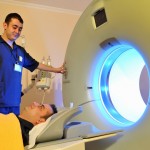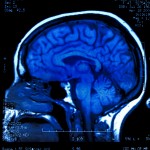
A major challenge in the treatment of depression is that only a proportion of people respond to the first treatment they try. For example, with antidepressants only 40% of people will see their symptoms fall to a level that can be considered a recovery. Trying further treatments after the first one does not work can [read the full story…]














